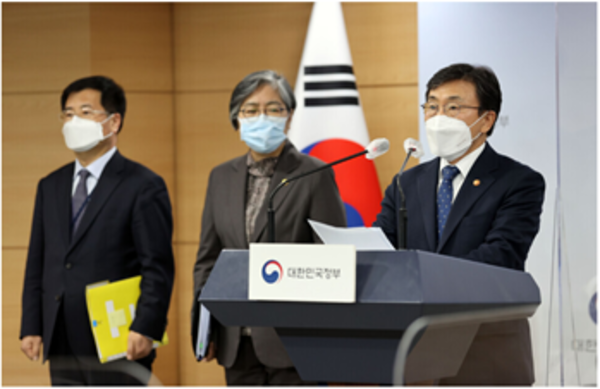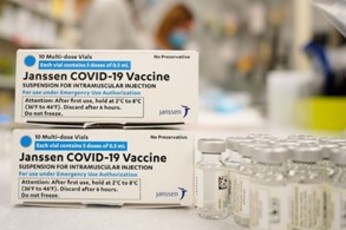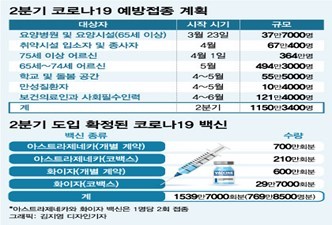 ▲ On April 24, the South Korean government announced it acquired 20 million more Pfizer vaccines.
▲ On April 24, the South Korean government announced it acquired 20 million more Pfizer vaccines.South Korea is facing numerous problems regarding the COVID-19 vaccination.
Last month on the 18th, TBS News reported that a recipient showed blood clotting after being vaccinated with AstraZeneca’s (AZ) version of COVID-19 “mandrake potion”.
A month later, another side effect surfaced.
On April 19, Seo Jeong Suk, a People Power Party parliament member affiliated with the National Assembly’s Health and Welfare Committee, reported that a nurse assistant working at an OB-GYN in Gyeonggi-do was diagnosed with binocular diplopia and quadriplegia throughout the post-inoculation period. The vaccine in question was AZ’s version.
 ▲ Janssen selects Vector Vaccine Platform
▲ Janssen selects Vector Vaccine PlatformMinistry of Food and Drug Safety (MFDS) approved Janssen’s COVID-19 vaccine on April 7. However, as series of side effects are appearing, concerns about safety continue to surface. Considering the unexpected byproduct of its predecessor, Janssen’s version is surrounded by doubts considering that the company shares the core processing method – viral vectors – which AZ used in producing its vaccines.
The Centers for Disease Control and Prevention (CDC) explains the mechanism. Viral vector vaccines are those that consist of genetically modified antigens. The respective antigens are attached to carriers, viral vectors, that will then deliver important instructions to our cells. Due to the usage of previously identified and well-certified viruses as carriers, it is expected to allow our bodies to maturely adapt to unidentified invaders and develop more stabilized and effective antigen-antibody reaction(s).
 ▲ Korea is under shortage of vaccine supplies
▲ Korea is under shortage of vaccine suppliesMFDS requested Janssen to provide information on abnormal responses with its vaccines on April 14. Baek Yeong Ha, the general manager of Central Disaster Management Headquarters (CDMH), explained that there would be no changes in the vaccine purchase plan and that CDMH would further monitor for abnormal responses.
Recently on the 24th of last month, the ruling government announced that it had sealed a contract with Pfizer for 20 million more vaccines, thus increasing the total number of possible inoculations from 13 million to 33 million. Nevertheless, the inoculation rate remains at 2.5%, leaving Korea ranked 35th among the 37 OECD countries.
Incidents of vaccination going rogue added by delayed vaccine provisions have instilled fear and doubts domestically, further questioning the government’s plan of a prompt adoption of herd immunity by November.
by Ho Yeon Suh
다른 곳에 퍼가실 때는 아래 고유 링크 주소를 출처로 사용해주세요.


금파중학교 3학년